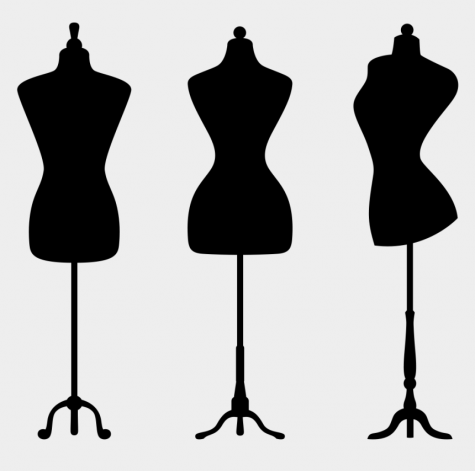Obstacles with COVID-19 and Disparities in Care
As of May 3rd, 2021, the CDC has reported that the 55% of Americans who received at least one dose of the vaccine are 63% White, 13% Hispanic, and 9% Black. There is a higher mortality rate for people of color to pass away due to the coronavirus; there are many people of color that live in poor communities that cannot afford to take a day off even when they feel sick. In small homes that people often share with others, it is more difficult to self-quarantine, thus yielding a higher chance for the virus to spread among family members/roommates. These individuals can not afford rent or to purchase a bigger home in order to self-quarantine. Another big obstacle is the location and the time slots currently open for those who need vaccinations or testing for COVID-19. Many people who cannot afford to take time off from work need to be given the choice to get vaccinated after work hours. Dr. Chris Pernell is a public health official at University Hospital in Newark who has lost her father to COVID-19. I found it interesting that she labeled the problem as “giving people an unfair choice”.
Dr. Pernell informs us that interlocking systems of racism impact where certain groups of people work and live and that impacts the care they receive, making the coronavirus deadlier for them. She points out how Dr. Camara Jones, an American epidemiologist, says that “Racism is a system of structuring opportunity, whereby one group is [in] disadvantage based on phenotype or the social construct of race, another group is [in] advantage by phenotype or social construct of race.” Dr. Pernell believes that everyone is impacted by racism and if we want to be able to find solutions for our societies, we are obligated to have conversations from a historical perspective. Due to historical injustices that took place in the past and still in the present, many people of color are not comfortable with getting vaccinated. That is why it is important to get trusted individuals to talk with their communities (for example, one place could be in worship houses) to understand their concerns and inform them about the safeness of getting vaccinated–to ease any discomfort. Many people who do not want to get vaccinated are impacted by the more recent examples like the Henrietta Lack cells and Dr. Susan Moore’s experience in 2020. Dr. Susan Moore was a black woman and physician that passed away due to the coronavirus. She constantly pointed out how racism impacted her experience at the hospital, and how she did not receive the care she deserved to get due to being a black American patient.
Dr. Monique Tello, a primary care physician and medical school instructor, makes an interesting point that in order to fight racism, we need it to be a part of medical education. If we were to address how to fight racism and learn to not discriminate in the early years of our lives, it would be a benefit to ourselves and to the society we live in.
Mike Bebernes, a senior editor for Yahoo News, states how “In some states, the vaccination rate for white people is double or even triple the rate for Black people.” He also emphasizes how people of color make up more than forty percent of healthcare workers and more than half of long-term care workers and there is still a major lack of vaccinated people of color.
Personally, I know many people around me who do not want to get vaccinated. Most of them learn about the vaccine from their friends, families, or social media. They hear and believe the rumors about the vaccine making you infertile, the placement of a tracking device, and such. If they were to do their own research and listen to public health officials or doctors they trust, they would learn the truth and facts about the vaccine. We need to start taking major actions to get to small communities to comfort them and inform them about the truth behind the coronavirus vaccine. The vaccine is the step that must be taken, in all communities, in order to get back to better than normal.
Sources
- https://m.facebook.com/story.php?story_fbid=788276655367439&id=126545090842652
- https://news.yahoo.com/how-can-racial-equity-in-vaccinations-be-achieved-162845188.html
- https://www.health.harvard.edu/blog/racism-discrimination-health-care-providers-patients-2017011611015
- https://www.northjersey.com/story/news/coronavirus/2020/11/19/nj-doctor-who-preached-racial-disparities-loses-her-dad-covid/5996983002/
- https://www.kff.org/coronavirus-covid-19/issue-brief/latest-data-on-covid-19-vaccinations-race-ethnicity/




